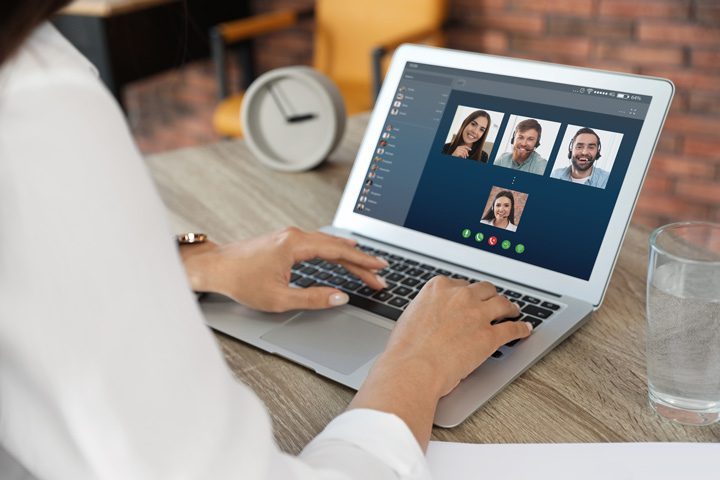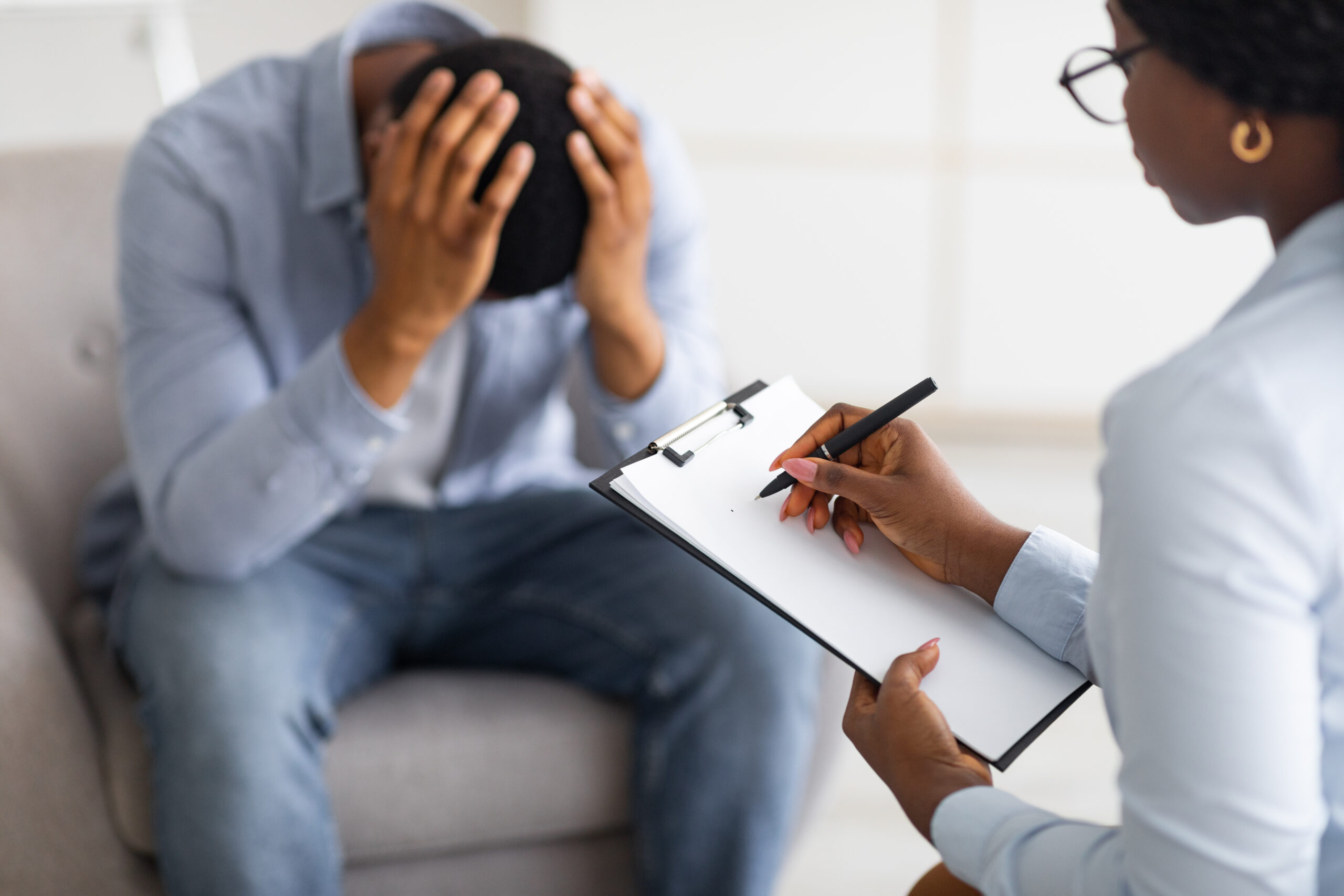
The Social Distancing Mandate
As a country, we’ve been mandated to practice social distancing. Social distancing means avoiding group gatherings, crowded retail stores, playdates, gyms, church, and any other situation where close contact to other people might increase the spread of disease. The Arizona government recently implemented many social distancing actions to ensure public safety. Even at Cottonwood, we suspended family visitation and established other measures to secure everyone’s health.
But a healthy recovery requires many avenues of social connection. What if you meet with your therapist or rely on a support group to manage your health? Fortunately, there are various online services that might be of help.
Connecting With People Online
Some people are using online support groups to talk to others who understand what they’re going through at the moment, and these can be a wonderful resource. However, keep in mind that online networks are part of a larger strategy of care—they can’t take the place of having a video conference or phone call with your designated therapist or 12-Step sponsor as arranged.
Continue to keep those appointments in whatever way technology allows. Your therapist might already have already contacted you about how to keep in touch. Some physicians are also using telemedicine to help individuals in addiction recovery with prescribed medication-assisted treatment programs.
To stay connected with a sponsor or to create a small virtual meeting space with some members of a regular support group, many people find success with tools such as Skype, Zoom, GoToMeeting, BlueJeans, FreeConference, and Google Hangouts. Some of these tools are free; others have short trial options and tiered-pricing plans. Most can be used with computers, phones, and tablets as well.
Get Online With Friends and Family
Not only can you use these services for support groups, but also for keeping in touch with family members and friends. Seeing each other’s faces provides more of a quality connection than simply texting, allowing you to engage in actual conversation and reduce feelings of isolation.
If you’d rather not use one of the video services referenced above, try FaceTime on Apple devices, WhatsApp on Android devices, and other apps such as SnapChat and Marco Polo. Social media sites Facebook and Instagram also provide options for video chats with anyone who also uses the platforms’ messaging services.
Try an Online Group
Thousands of people also reach out online to connect with support groups, especially if their usual means of support aren’t available.
Online groups might provide additional encouragement if you’re:
- Managing a substance, process, or mood disorder
- A caregiver for children home from school
- Feeling more isolated, lonely, or stressed than you’d like to be
- Having difficulty connecting online with your therapist
- Dealing with another circumstance that imposes on your mental or emotional health
We’d like to share some online resources people access for extra support. This isn’t an endorsement of any particular programs or services—it’s just a way for you to consider all options to help maintain good health and wellbeing during this unusual time.
- Online AA Meetings—available for specific groups, such as LGBTQA, by profession, agnostic or atheist, men or women, and people with disabilities. You can also listen to speaker tapes.
- In the Rooms—offers numerous virtual meetings in various specialties, such as Illness in Recovery, Trauma and Recovery, and the Miracles of Recovery, in addition to daily recovery meetings for people in alcohol and drug recovery.
- RecoveryDharma—a support organization that uses Buddhist principles and practices for recovery; it offers both phone and video meetings.
- SMART Recovery—a recovery support program rooted in cognitive behavioral therapy; it offers numerous online meetings and forums.
- Loosid—a community app for both Android and Apple devices for people in recovery.
- Anxiety and Depression Association of America—this organization helps people connect with others suffering from anxiety, depression, PTSD, and obsessive-compulsive disorders.
- Depression and Bipolar Support Alliance—where you can learn about new coping skills and share experiences.
Let Us Help
Cottonwood Tucson wants to help you stay well during this troubling time. Review our blog page for more in-depth articles and resources, visit our Facebook page to start a discussion, or contact us directly if you or a loved one needs special services. We also offer the CaredFor app for our Cottonwood alumni.







